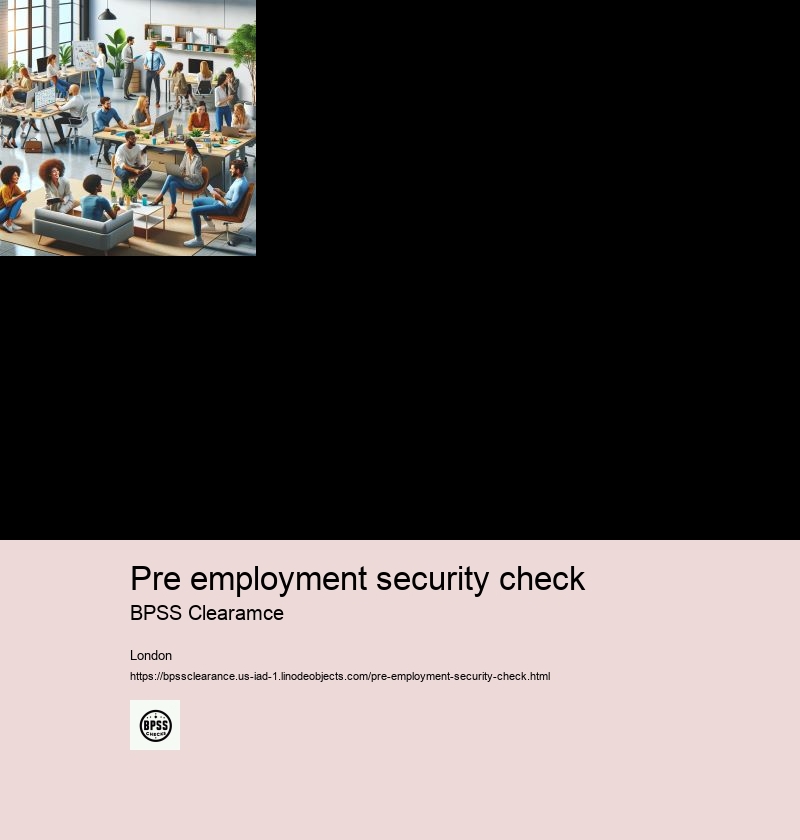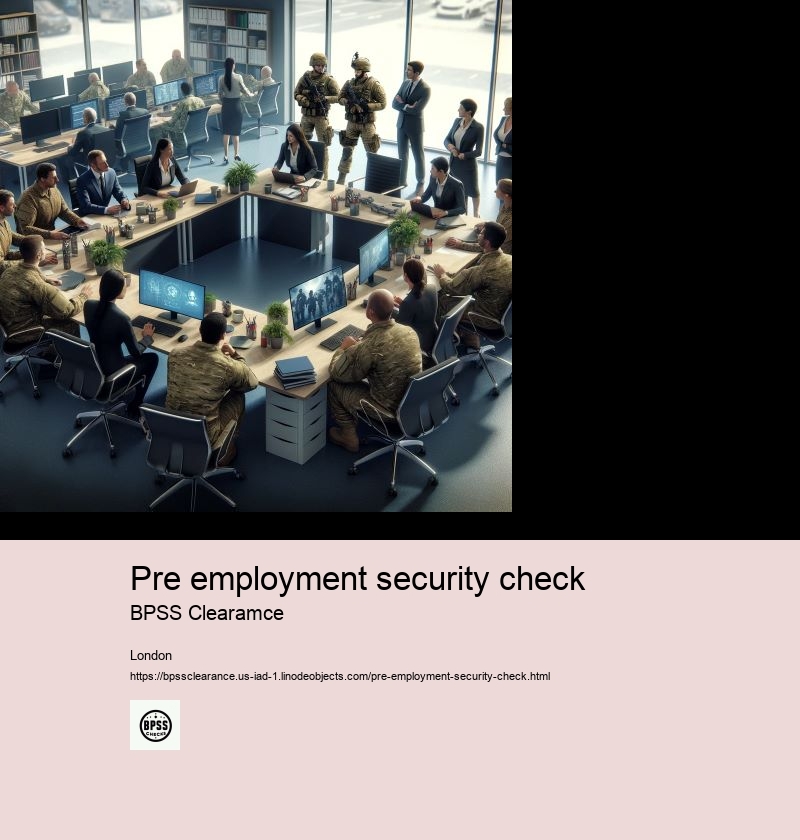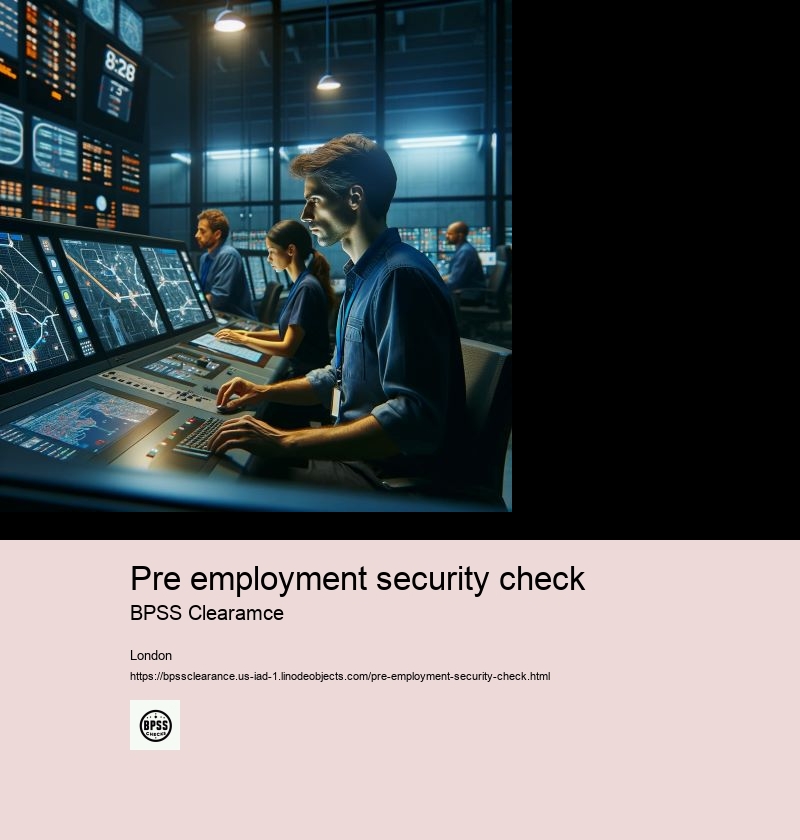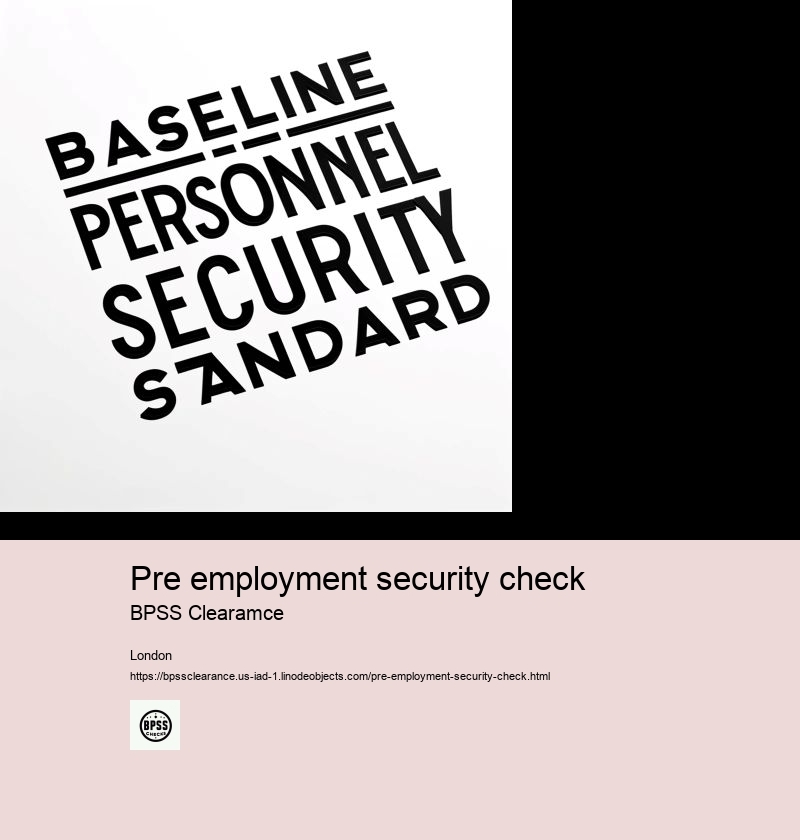pre employment security check
BPSS form
Providing a valid passport or driver's license is essential for verifying your identity when applying for BPSS clearance. These documents serve as primary forms of identification and are vital in confirming who you are.
Can You Fail a Bpss?
Pre employment security check - Contractor screening
- Standard DBS
- Public trust
- Confidentiality agreements
If you have been self-employed, invoices to clients and bank statements showing payments received can serve as evidence. Additionally, when applying for BPSS clearance, it's crucial to have your P45 and P60 forms available as they're key documents that prove your employment history.



